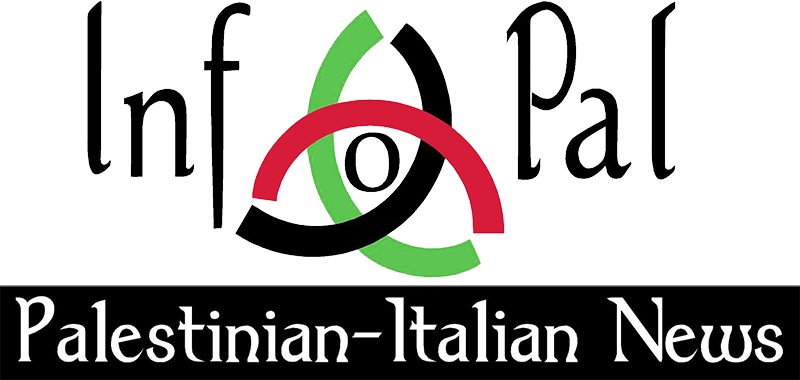Saudis used cluster bombs in Yemen, Alkhalifa murder Bahraini journalist
On 6th December Saudi-led coalition fired Brazilian-made rockets containing banned cluster munitions that struck near two schools in the northern Yemeni city of Saada, Human Rights Watch said last week. The attack on al-Dhubat neighborhood in Saada’s Old City at about 8 p.m. killed two civilians and wounded at least six, including a child. The attack came a day after Yemen, Saudi Arabia, Brazil, and the United States abstained from a vote in the United Nations General Assembly that overwhelmingly endorsed an already widely accepted international ban on cluster munition use. Brazil should join the Convention on Cluster Munitions and cease the production and transfer of cluster munitions, while Saudi Arabia and other coalition members should cease all use of cluster munitions, Human Rights Watch said. “Brazil should be on notice that its rockets are being used in unlawful attacks in the Yemeni war,” said Steve Goose, arms director at Human Rights Watch and chair of the Cluster Munition Coalition, the international coalition of groups working to eradicate cluster munitions. “Cluster munitions are prohibited weapons that should never be used under any circumstances due to the harm inflicted on civilians. Brazil should make an immediate commitment to ending production and export of cluster munitions.”
On 26th December Saudi Interior Ministry said More than 2,000 Saudis are fighting abroad with terrorist groups, with over 70 percent of them in Syria. Many clerics and school of thoughts dominated by Wahhabism publicly invite extremist to go fighting in Syria, Iraq, Yemen and … as a high precious religious duty. “The number of Saudis proven to be in conflict areas is 2,093,” interior ministry spokesman General Mansour al-Turki told daily newspaper Al-Hayat. He said that 1,540 of them were in Syria, where “jihadists” have flocked since the Islamic State (IS, ISIS, ISIL and Daesh) Terror group seized control of vast areas in mid-2014. Another 147 were in Yemen, which is the base of Al-Qaeda in the Arabian Peninsula (AQAP), considered by Washington as the most dangerous affiliate of the global terror network. Another 31 were believed to be in Afghanistan or Pakistan, Turki said.
The barbarity of Bahrain’s regime was laid bare on Friday 23rd December by the vicious killing of a young Sports journalist by one of Alkhalifa terrorists. Ms Eman Salehi, 29, was shot dead near Bahrain’s dicator’s palace in Rafaa town. She was driving her car, accompanied by her six years old son. She was shot by Hamad bin Murbarak Alkhalifa in a crime that shook the country which is fed up by the terrorism of the ruling tribe. The victim is an accredited Sports journalist who is respected by her colleagues in other GCC countries. Tributes poured from fans, human rights activists and friends. Because he is a member of the ruling dictatorship, he is not expected to be properly prosecuted in accordance to the rule of law.
The regime has escalated the policy of “disappearance”. In addition to Sayed Alawi AlDurazi who had been snatched by regime’s Death Squads two months ago, other natives have also disappeared without a trace. Among them is Hassan Taqi who was snatched by Death Squads ten days ago. On 18th December he was abducted by Death Squads at Bahrain’s International Airport and taken to the CID torture chambers. Under-aged Mohammad Abdul Wahid AlNajjar has also disappeared a week ago without a trace.
On 21st December Amnesty International submitted its views for UN Universal Periodic review to be debated at the 27the session of the UPR Working Group in May 2017. It evaluates the implementation of recommendations made in Bahrain’s previous UPR, assesses the national human rights framework and the human rights situation on the ground, and makes recommendations to the government of Bahrain to address the human rights challenges mentioned in this report. The organization highlights shortcomings in the human rights framework in Bahrain, including national laws that restrict the rights to freedom of expression and association, imprisonment of political opponents and human rights defenders, and questions surrounding the independence, impartiality and effectiveness of national human rights institutions. It also raises concerns about arbitrary revocation of nationality of hundreds of persons, and the death penalty.
Bahraini’s dictator has ordered his “judiciary” to confirm the life jail sentence and the revocation of citizenship of fifteen native Bahrainis: Muhsin Ibrahim Hassan AlMajid, Mohammad Abdulla Mohammad Kadhem, Hussain Mohammad Ahmad Falah, Mujtaba Mohammad Ibrahim AlMajid, Mohammad Abdulla Jaffar AlDhaif, Jaffar Abdullah Jaffar AlDhaif, Mohammad Hassan Mohammad Mahfood, Ahmad Mohammad Abdulla Mohammad, Jassim Mohammad Rashid, Abdullah Nasser Mohammad Jassim, Mohammad Jaffar Mohammad AlDemsatni, Hassan Ibrahim Ali Makki, Ali Mohamad Habib AlDhaif, Ahmad Essa Abdul Hussain and Ali Ibrahim Kadhem Matar. They were subjected to horrific torture to extract uncorroborated “confessions”.
Bahrain Freedom Movement
28th December 2016
.
